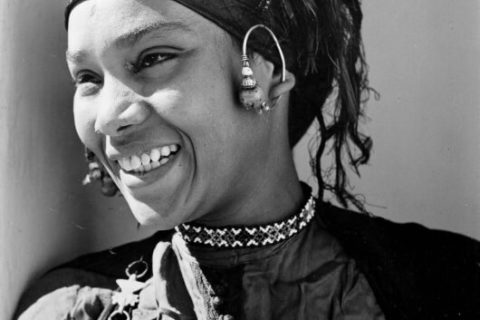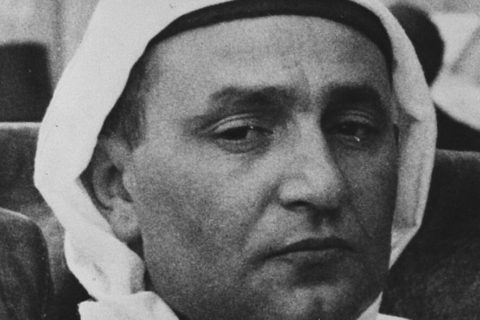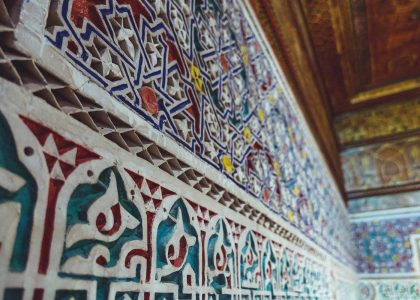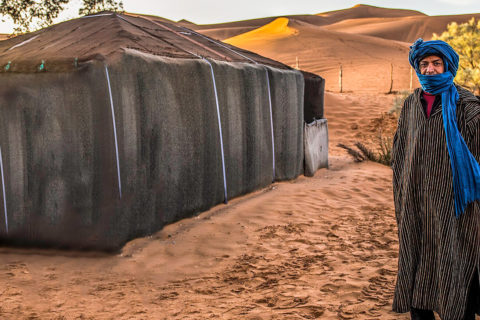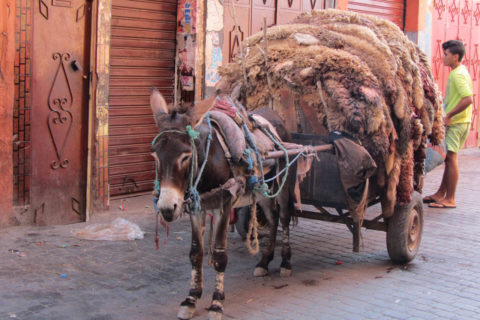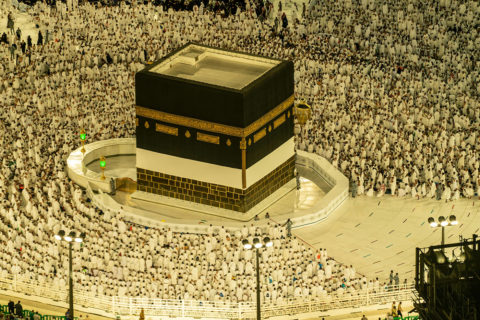Islam is the dominant religion in Morocco, with over 98% of the population identifying as Muslim. Yet, Morocco’s rich history of religious diversity includes smaller communities of Christians and Jews, whose influence continues to shape the country’s spiritual landscape. In recent years, globalization has also brought new challenges that have enriched the religious fabric of Morocco.
The religious composition of Morocco has remained relatively stable over time. As the state religion, Islam profoundly influences Moroccans’ daily lives and identities. Approximately 90% of Muslims in Morocco adhere to Sunni Islam, particularly following the Maliki school of thought. Christianity and Judaism account for only small minorities but still carry significant weight.
Morocco’s constitution acknowledges religious diversity, affirming Islam’s central role while protecting the rights of other faith communities.
| Religion | Percentage of Population |
| Muslims | 98.67 % |
| Christians | 0.09 % |
| Jews | 0.01 % |
Alongside Islam, Morocco has a significant Jewish history, dating back to the 6th century BC. Today, however, fewer than 3,000 Jews remain in the country, but their cultural legacy is still visible.
The Christian minority, made up mainly of immigrants, practice their faith within a heavily regulated framework. These religious particularities and the balance between tradition and modernity shape Morocco’s social climate.
Contents
Islam in Morocco
In Morocco, Islam is the state religion that shapes public and private life. King Mohammed VI, as “Amir al-Mu’minin” (Commander of the Faithful), embodies the country’s religious and political authority and acts as the guardian of Islam.
Historical evolution
Islam arrived in North Africa in the 7th century through Arab conquests, gradually spreading across the region. Despite initial resistance from the Berber population, the religion gained increasing influence in Morocco, leading to new cities such as Marrakech and the development of a distinctive Moorish-Islamic culture. This legacy remains evident today in the architecture of mosques and palaces.
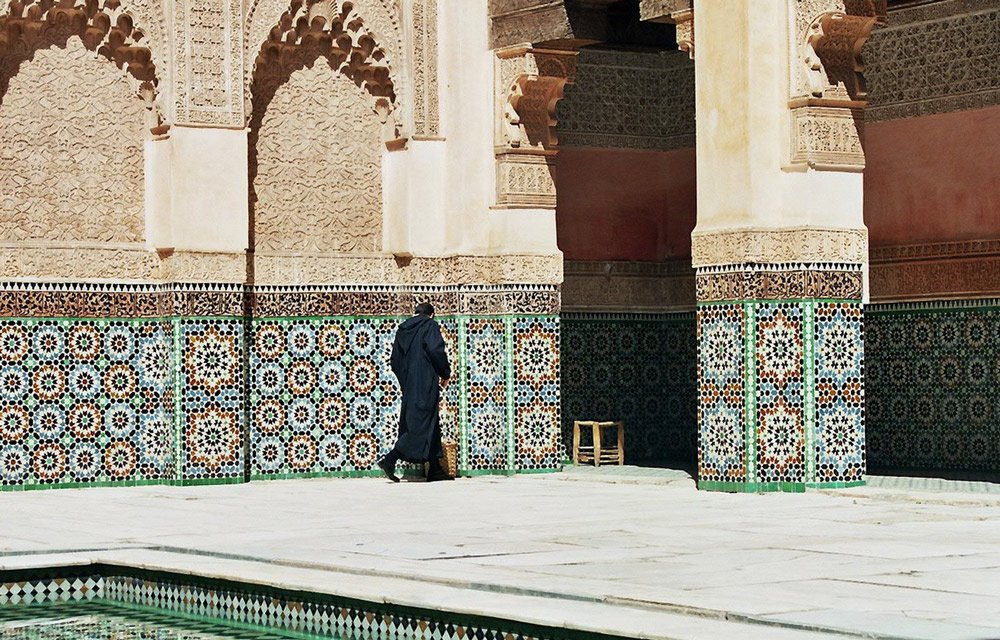
Islam today in Morocco
Islam remains a cornerstone of Moroccan identity, influencing individual lives and the national ethos. Morocco emphasizes a uniquely Moroccan interpretation of Islam, deeply rooted in Sufism, to counter radical ideologies. This approach promotes tolerance and preserves the country’s cultural identity.
Religious practices, such as the observance of Eid al-Adha (the Feast of Sacrifice) and Ramadan shape Morocco’s social calendar. These celebrations are not just spiritual events, they also strengthen the community. King Mohammed VI embodies Morocco’s commitment to modernity and religious tradition. His leadership underscores the connection between religion and governance in Morocco.
Sufism in Morocco
Sufism, the mystical branch of Islam, is prominent in Morocco’s religious fabric and boasts a rich history. Sufi brotherhoods emerged in Morocco as early as the 10th and 11th centuries and remain active today.
Sufi gatherings and festivals provide emotional and spiritual expression within Islam. Their rituals include chants, prayers, and occasionally ecstatic dances, all designed to help practitioners deepen their connection with God.
Sufis focus on the human soul, seeking an inner understanding of religion and personal enlightenment. One of the best-known expressions of this spirituality is the “Whirling Dervishes”, a ritual dance practiced in some regions that symbolizes the quest for divine proximity and inner peace.
A distinctive feature of Moroccan Sufism is the Gnawa tradition. The Gnawa are popular Sufi brotherhoods known for their unique trance rituals. Their music and ceremonies blend ancient African cosmology with early Sufi practices, profoundly impacting Moroccan culture.
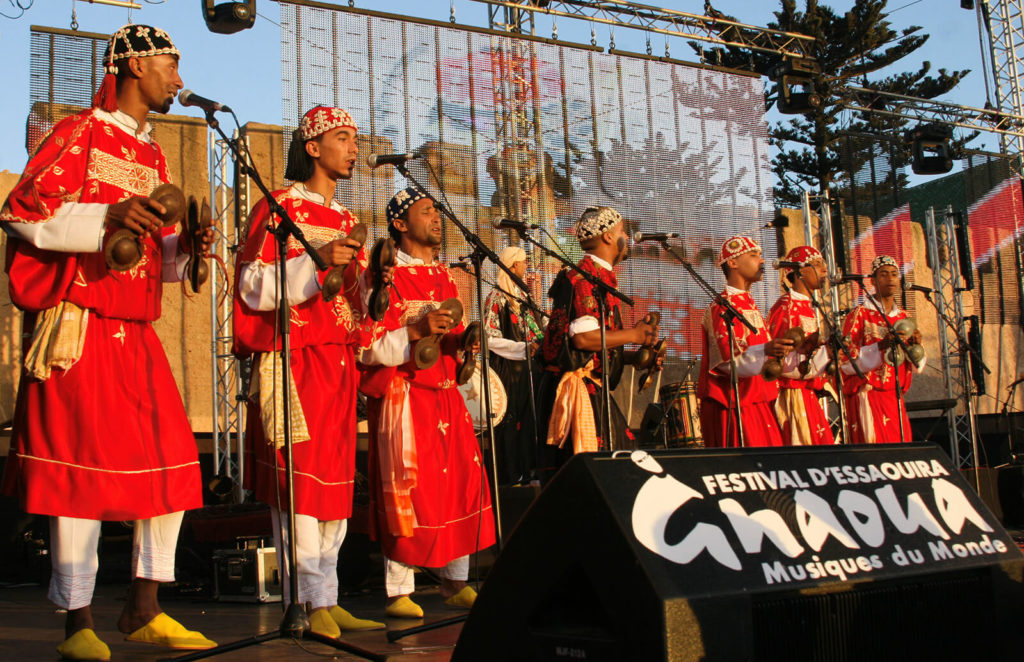
Prominent Sufi orders, such as the Gnawa, Aissawa, Tijaniyya, and Hamadsha, play significant roles in Morocco’s spiritual life and societal and political contexts, often serving as a counterbalance to extremist ideologies.
Other religions in Morocco
Christianity in Morocco
Approximately 1.1% of Morocco’s population are Christians, most of whom belong to the Catholic Church. Churches rarely stand out as prominent buildings in the urban landscape, and therefore Christian faith is generally practiced in small communities or within the family circle.
Proselytizing among Muslims is officially prohibited and punishable by law in Morocco. The distribution of Christian literature, especially in Arabic, is also prohibited.
Although converting from Islam to Christianity or another religion is legally permitted, social pressure and social exclusion often mean that conversions are extremely rare.
History of Christianity in Morocco
Historians trace the origins of Christianity in Morocco back to Roman antiquity.
However, the rise of the Berber dynasties, such as the Almoravids, Almohads, and Marinids, between the 11th and 15th centuries gradually led to the decline of Christianity. During the 15th and 16th centuries, Portugal and Spain sought to expand their influence in Morocco, establishing Christian enclaves in cities like Ceuta and Melilla.
The Spanish colonial period in the 20th century brought a brief resurgence of Christianity. Numerous churches were built during this time and the Christian population peaked at nearly half a million. Despite this growth, the influence of Christianity diminished significantly after Morocco gained independence in 1956.
The status of the Christian minority today
Today, Christians constitute a small minority, representing around 1.1% of Morocco’s population. With Islam recognized as the state religion, the dissemination of Christian teachings to Muslims is strictly prohibited. While foreign Christians are allowed to practice their faith, authorities often monitor their activities.
In recent years, the Christian community has experienced some growth, primarily due to migration from Africa. In several cities, up to 500 believers gather for worship services. In addition to official churches, house churches are common, despite legal restrictions. Moroccan converts to Christianity, however, often face significant social pressure and practice their faith in secrecy.
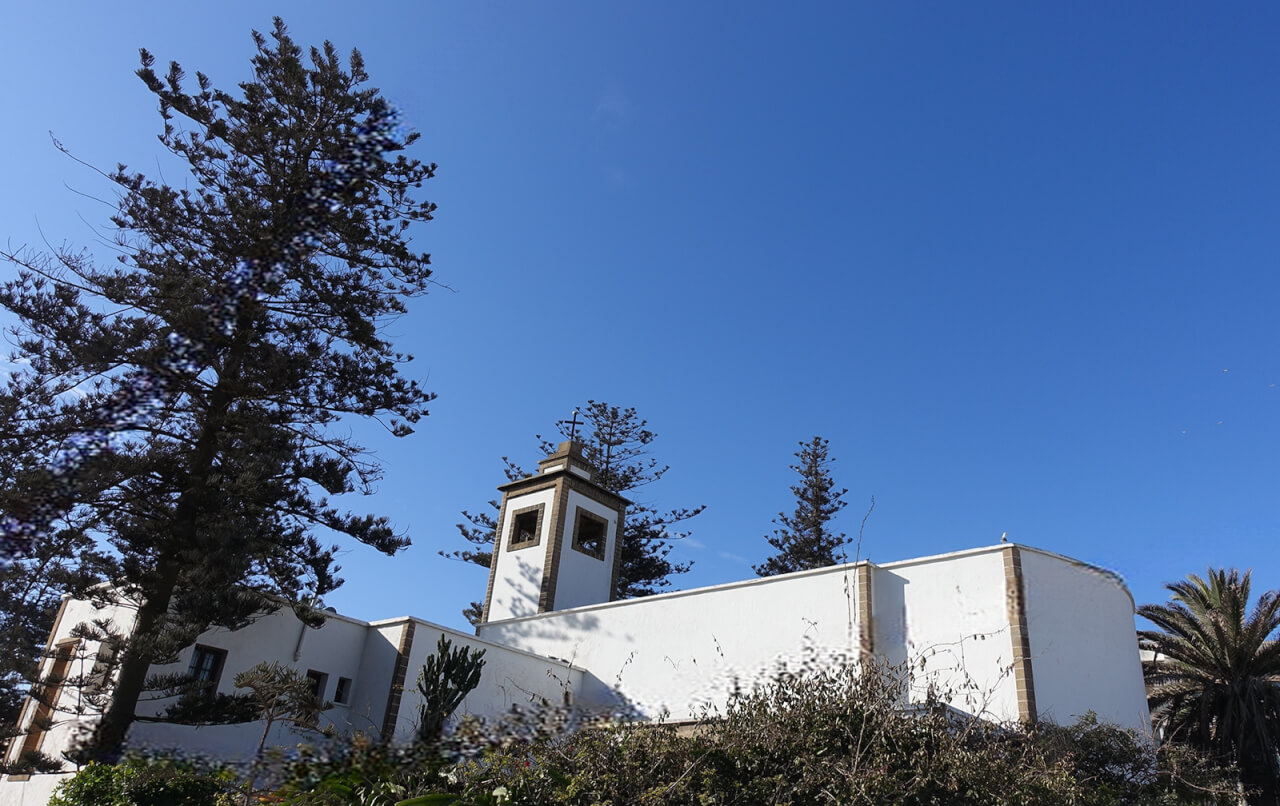
The Roman Catholic Church is the largest Christian denomination in Morocco, with an estimated 25,000 members. Of this group, approximately 90% are Black Africans, including students, migrants, and refugees, while the remaining 10% consist of Europeans and individuals from other backgrounds.
King Hassan II established the legal framework for the Catholic Church’s status in Morocco through a letter to Pope John Paul II dated December 30, 1983. According to this agreement, the Church can carry out its pastoral activities and own properties dedicated to its educational and social missions.
Judaism in Morocco
The Jewish community in Morocco, which today comprises less than 0.2% of the population, boasts a history spanning over 2,500 years. Despite its small size, this community has had a profound and lasting impact on Morocco’s culture.
Historical evolution
The roots of Judaism in Morocco date back to the 6th century BC, when the first Jewish groups arrived after the destruction of the First Temple in Jerusalem. Another significant wave of immigration followed in 70 CE after the destruction of the Second Temple.
Under Islamic rule, Morocco developed into an important center of Jewish life. The Jewish population experienced a notable increase in the 15th century when Sephardic Jews, expelled from Spain, arrived in the country. They enriched Jewish culture and strengthened the community’s economic and intellectual networks.
In the 20th century, Morocco was home to approximately 250,000 Jews. However, after the establishment of Israel in 1948 and growing tensions, a massive exodus took place. Between 1961 and 1964, the Israeli secret service Mossad organized the emigration of about 97,000 Moroccan Jews to Israel. Many others emigrated to France, Canada, and the United States.
The Jewish community in Morocco today
Today, the Jewish population in Morocco has shrunk to fewer than 3,000, with most residing in Casablanca. Despite their reduced numbers, the Moroccan government remains deeply committed to preserving Jewish heritage. The restoration of more than 100 synagogues, cemeteries, and other sites illustrates the growing recognition of Jewish heritage in educational and cultural projects.
A significant milestone was the normalization agreement signed in 2020 between Morocco and Israel, which strengthened cultural and economic ties. Additionally, King Mohammed VI also established new committees to manage the Jewish community and protect its intangible heritage.
While the Jewish community may be small, its influence on Moroccan identity and history remains undeniable.
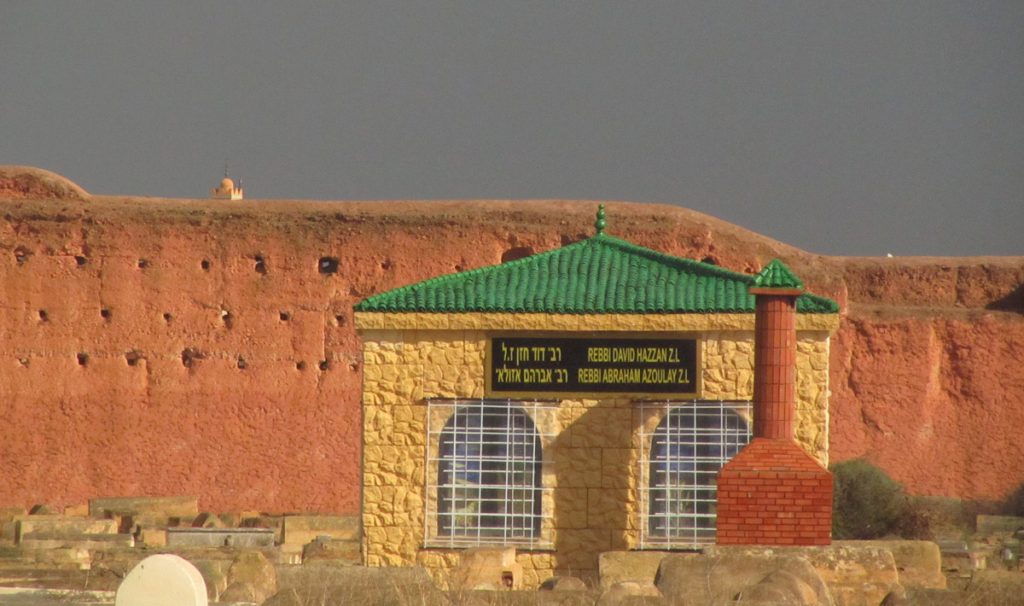
Societal challenges and religious conflicts in Morocco
Morroco faces ongoing tensions regarding religion and religious diversity. Non-Muslim minorities such as Christians, Bahá’ís, and Shiites often encounter legal and social barriers. Similarly, atheists and LGBTQ+ individuals experience discrimination, often hiding their beliefs or identities out of fear of social or legal consequences.
Ramadan, a sacred time for Muslims, can also be a source of conflict. Laws prohibiting public eating during daylight hours affect non-religious Moroccans and tourists. This regulation causes tensions between religious and non-religious individuals and sparks debates about individual freedoms.
A central contradiction exists between Morocco’s desire for a modern and tolerant image and its deeply rooted religious traditions. While the government officially promotes tolerance, the reality remains challenging for religious minorities and non-believers.
Globalization adds another layer of complexity to the religious landscape. Traditional Islamic values intertwine with modern global influences, resulting in an even more intricate dynamic.
This development presents the country with the ongoing challenge of balancing tradition with the demands of modernity.
Conclusion on religion in Morocco
Morocco is a country where Islam defines the central religious identity. At the same time, it is a country of cultural diversity deeply rooted in its history. The long history of Judaism and the presence of a small Christian community testify to this complexity and enrich the religious landscape of the North African state.
Despite the challenges, Morocco is promoting a debate on tolerance and how to handle cultural and religious diversity. Striking a balance between tradition and modernity remains a central task that will continue to shape the country in the future.

